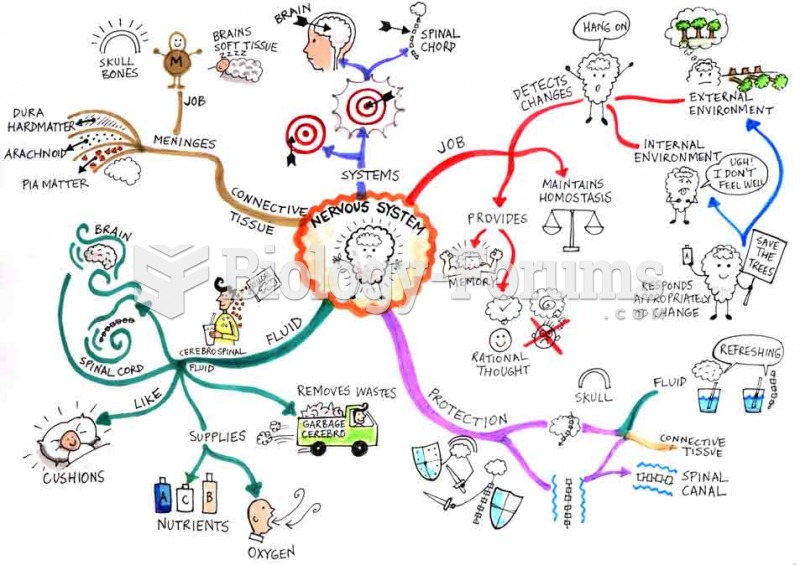Answer to Question 1
In recent years the Council on Social Work Education has placed increased emphasis on human rights. For example, in Educational Policy the Council on Social Work Education (2015 ) states, Service, social justice, the dignity and worth of the person, the importance of human relationships, integrity, competence, human rights, and scientific inquiry are among the core values of social work. Educational Policy (Council on Social Work Education, 2015 ) adds, Social workers understand that every person regardless of position in society has fundamental human rights such as freedom, safety, privacy, an adequate standard of living, health care, and education. Social workers understand the global interconnections of oppression and human rights violations, and are knowledgeable about theories of human need and social justice and strategies to promote social and economic justice and human rights. Reichert, however, has noted that human rights has received very limited attention in the social work curriculum and in social work course materials and lectures. Often, a human rights focus is invisible in the social work curriculum. Social work literature continually prefers the term social justice in analyzing core values relevant to the social work profession. Social justice is an ideal in which all members of a society have the same opportunities, basic rights, obligations, and social benefits. Integral to this value, social workers have an obligation to engage in advocacy to confront institutional inequities, prejudice, discrimination, and oppression. Human rights are conceived to be fundamental rights to which a person is inherently entitled simply because she or he is a human being. Human rights are thus universal (applicable everywhere) and egalitarian (the same for everyone). Reichert compares the concept of human rights to the concept of social justice: Human rights provide the social work profession with a global and contemporary set of guidelines, whereas social justice tends to be defined in vague terminology such as fairness versus unfairness or equality versus inequality. This distinction gives human rights an authority that social justice lacks. Human rights can elicit discussion of common issues by people from all walks of life and every corner of the world.
Answer to Question 2
Allen Pincus and Anne Minahan defined values as beliefs, preferences, or assumptions about what is desirable or good for humans. An example is the belief that society has an obligation to help each individual realize his fullest potential. They are not assertions about how the world is and what people know about it, but how it should be. As such, value statements cannot be subjected to scientific investigation; they must be accepted on faith. Thus one can speak of a value as being right or wrong only in relation to the particular belief system or ethical code being used as a standard. What is referred to as knowledge statements, on the other hand, are observations about the world and humans which have been verified or are capable of verification. An example is that black people have a shorter life expectancy than white people in the United States. When one speaks of a knowledge statement as being right or wrong, he or she is referring to the extent to which the assertion has been confirmed through objective empirical investigation.







